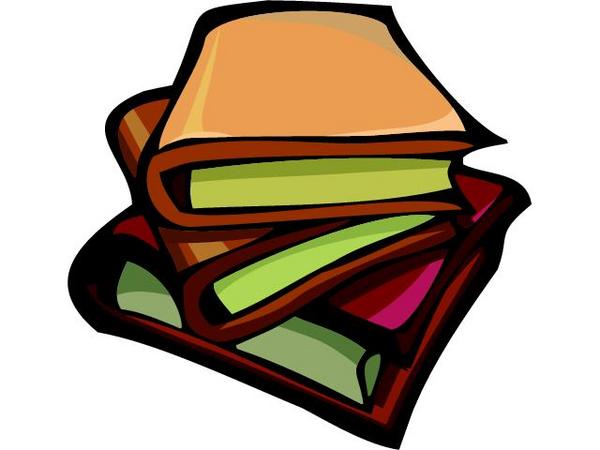The Problem With Writing “Advice”
 So I’m sitting in this workshop listening to this Very Famous Writer (VFW) talk about how to write. She’s obviously a major catch for the workshop organizers because she’s willing to spend over an hour telling aspiring writers how to do it. Now I’m well past the aspiring point (for better or worse), but I’m in the workshop too because I respect this particular writer and I’m interested in hearing what she has to say.
So I’m sitting in this workshop listening to this Very Famous Writer (VFW) talk about how to write. She’s obviously a major catch for the workshop organizers because she’s willing to spend over an hour telling aspiring writers how to do it. Now I’m well past the aspiring point (for better or worse), but I’m in the workshop too because I respect this particular writer and I’m interested in hearing what she has to say.
Early in her presentation she picks up a pile of papers and waves them at the audience. Apparently they’re a printout from an online workshop on creating characters. She doesn’t show them to us, but I have a pretty good idea what they include: a profile for each character, backstory for each character, probably goals/motivation/conflict for each character. Pretty standard stuff. But the VFW is having none of it. She tosses the pages into the wastebasket, proclaiming, “Don’t do that stuff. You don’t need that stuff. Just start writing. That’s the way to do it.”
All around me, the aspiring writers are scratching madly on their legal pads. I, on the other hand, put my pad and pen away. Because I know the VFW isn’t going to say anything that will work for me from then on.
You see, I use a version of those lists—one I got several years ago at a workshop run by Delilah Devlin and her sister Elle James. I outline each of my characters. I even outline the plot of my book before I start writing. And it usually works for me because that’s the kind of writer I am. It’s common to divide writers into planners and pantsers, and I fall firmly into the former group, but I also think that kind of reductionism is sort of…unhelpful. In the end, this discussion is about the writing process, and each one of us should have her own.
Many years ago, I was a writing teacher, and as a writing teacher I read a lot of research about the whole writing process. Oddly enough the biggest initial discovery about the writing process was the idea that there’s a stage called Prewriting. Everybody has one. It’s the stage in which ideas percolate up and get you started. Some people, like me, benefit from writing those ideas down or going through some exercises (heuristics if you want to be technical) that get those ideas going. Other people work best doing what’s called a discovery draft: writing a first version of their work that helps them formulate their ideas. Neither approach is better than the other. Each depends very much on the psychology of the writer for the degree of its success.
And so, to return to the VFW, she’s found an approach to prewriting that works for her, and that approach is to sit down and write a draft. More power to her. That approach won’t work for me. I know this because I’ve tried it and failed. I need to get to know my characters first and then let the plot sort of develop from that knowledge. I’ll probably change the plot from this preliminary version, sometimes drastically, as I write the first draft of the book. But I need to have that preliminary work done or I won’t be able to get very far before I quit in frustration.
And to me, that’s the problem with a lot of writing advice given by writers. We tend to take our approach and, because it works for us, expect other people to do the same thing. But they won’t. They can’t. They aren’t us. The best we can say is, “This works for me.” And then other writers can adapt it. Or not.
As we head into conference/workshop season, I recommend that all aspiring writers keep this idea in mind. Listen to what people tell you, but only use what works for you. Trial and error will help you figure out what that is. In the end, it doesn’t matter how famous the VFW is. Her process is her process. The fact that it isn’t yours doesn’t mean you’re a lousy writer. It just means you’re you.
Posted in Blog • Tags: On Writing, pantser, plotter, writing advice | 1 Comment









1 thought on “The Problem With Writing “Advice””